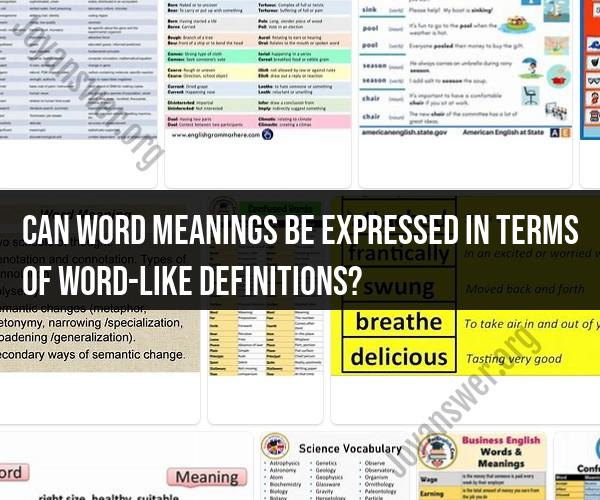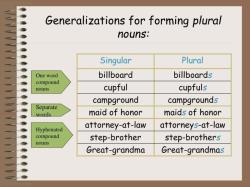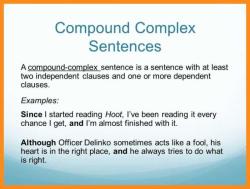Can word meanings be expressed in terms of word-like definitions?
Words are the fundamental building blocks of language, carrying rich meanings and nuances. The study of word semantics delves into the intricate relationships between words and their meanings, exploring how words convey various concepts, emotions, and ideas.
Word Meanings and Polysemy
Words can have multiple meanings, a phenomenon known as polysemy. Polysemy occurs when a single word represents different but related senses. For example, the word "bank" can refer to a financial institution, the side of a river, or even a place to store something.
Disambiguating word meanings often relies on context and the surrounding words in a sentence. As humans, we naturally grasp the intended sense of a word based on the context of the conversation or text. However, this challenge presents complexities for natural language processing (NLP) systems, which need to accurately interpret word meanings in various contexts.
Word-Like Definitions and Synonyms
Word meanings are often expressed through definitions, providing a concise explanation of a word's sense. Dictionaries serve as valuable resources for understanding word meanings, providing word-like definitions that aim to capture the essence of a word's semantic nuances.
Additionally, words with similar meanings are called synonyms. Synonyms may not be exact replicas of each other but share a degree of semantic overlap. For instance, "happy" and "joyful" are synonyms, both conveying a positive emotional state, though they may be used in different contexts.
Challenges in Expressing Word Semantics
While dictionaries and thesauruses attempt to express the meanings of words through definitions and synonyms, the richness and complexity of word semantics often make complete expressibility challenging. Many words carry cultural, emotional, or historical connotations that are difficult to capture in a concise definition.
Furthermore, certain words may have no exact synonyms, leading to challenges in conveying their meanings using other words. Such nuances often require an understanding of cultural contexts, linguistic norms, and pragmatic implications.
Advancements in NLP and Word Semantics
Advancements in natural language processing have led to improved ways of modeling and representing word semantics. Techniques like word embeddings and contextual word representations, such as BERT (Bidirectional Encoder Representations from Transformers), have shown promise in capturing the semantic relationships between words more effectively.
As research continues in the field of NLP, understanding word meanings and finding better methods for expressing word semantics remains a vital area of exploration, contributing to more accurate language understanding and generation by machines.













